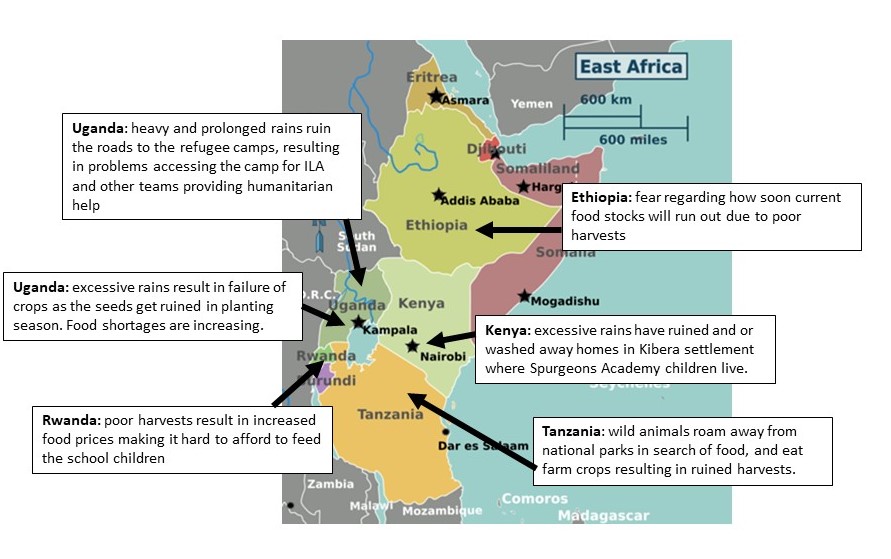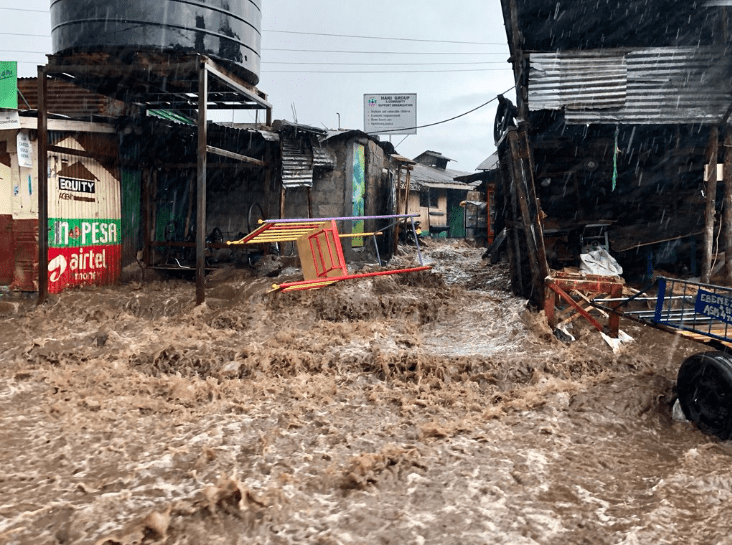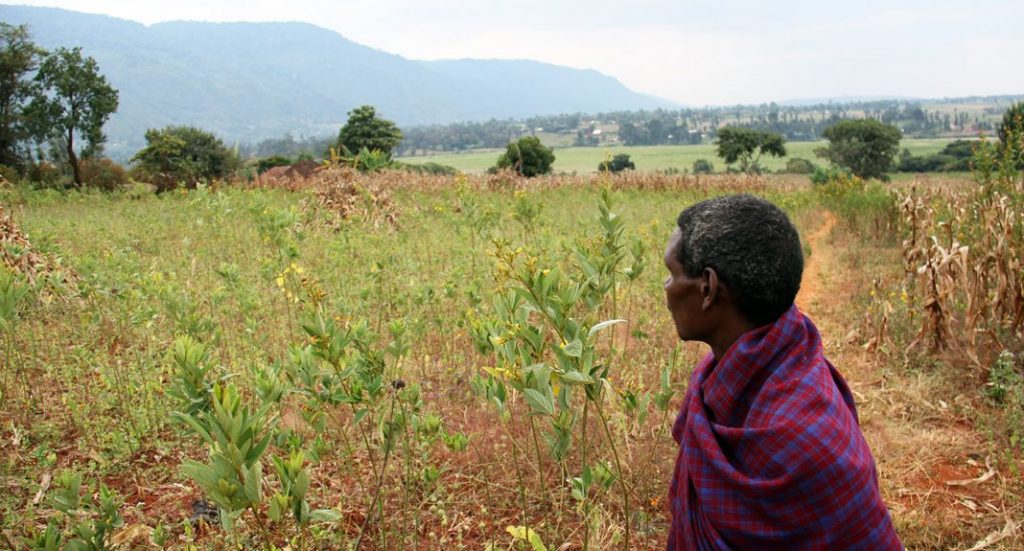It’s that time of year – the ‘New Year Resolution’ time of year.
Have you made a NYR? Are you giving something up that you see as being unhealthy for you, or taking something up that is good for you? Or still trying to decide?
Maybe this year you could choose to alter your lifestyle in a way that has a positive impact on the wider world, including the lives of our CRED Partners? Maybe you could make a change to your lifestyle that reduces your carbon emissions, and in so doing take some steps to having a positive impact on reducing climate change.

One of the main effects of climate change is altered weather patterns resulting in more extreme conditions – increased temperatures, hotter and drier ‘dry seasons’, more prolonged ‘rainy seasons’ with heavier downpours and increased flooding. The range of problems that our partners, and their fellow countrymen and women are having to deal with range from landslides, remote villages being cut off, urban flooding, ruined harvests, droughts, food shortages, increased water-borne diseases and more.

And as is always the case in any disaster, the poorest are the ones who have least resilience to cope with the problem, and on whom the disaster has most impact. And that is the same at a community level, a national level and an international level.
So, whilst we in the more developed countries have also had some of those problems, so we also have more resources and resilience to cope with it. And of course, there is always the issue of climate justice which basically means that it is our high-carbon-consumption lifestyle that has caused climate change, and therefore it is reasonable that we should suffer the consequences.
Those in the less-developed parts of the world have not lived the lifestyles that have caused the climate change in the same way, so where is the justice in the amount that they are suffering?

So, as you consider what your New Year Resolution is going to be, maybe give some thought to what you could do to reduce your carbon impact.
Could you reduce the number of car journeys you do – and increase use of public transport, or cycling, or how about walking if the journey is less than a mile?
Is there anything you could do relating to air-miles? Do you take flights to places that can be reached by trains or ferries? Do you carbon-offset the flights that you do take?
Could you reduce the number of animal-based products that you consume – and have some vegetarian or vegan days each week?
NB please don’t just become an uninformed reactionary vegan – food for thought: increased demand for soya milk and soya products are leading to rainforests being chopped down, plus they are grown on the other side of the world so have huge airmiles, so if you go vegan, consider carefully what milk and protein sources you switch to.
Everyone has to make their own choices, and find ways that work within their own set of non-negotiables (distance to travel to work, family demands, health limitations etc), but as we enter 2020, it feels like a good time to take a moment to think about what each of us can do to reduce our impact on the world.
Happy New Year to you!




